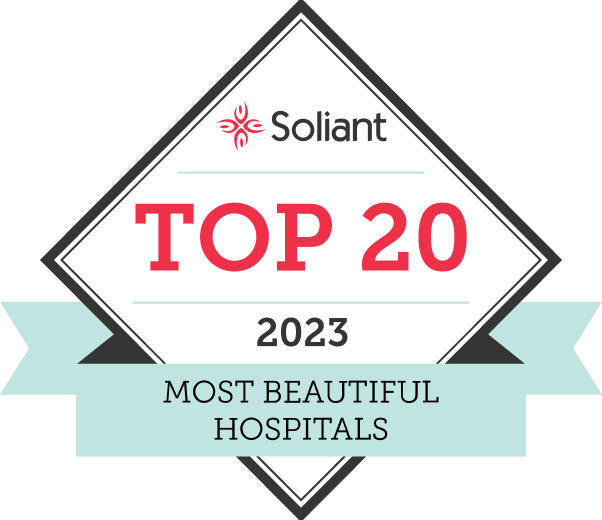Lung Expansion Therapy

Lung Expansion Therapy at HRMC is a group of medical treatment modalities (I.S., IPPB, CPAP, or EzPAP) designed to prevent and/or treat pulmonary atelectasis (collapsed air sacs in the lungs) and associated problems caused from post-op thoracic or abdominal surgery, heavy sedation, neuromuscular diseases, weaken breathing muscles, or chest trauma or chest wall injury. Incentive spirometry (I.S.) is designed to mimic natural sighing or yawning by encouraging the patient to take long, slow, deep breaths. This is accomplished by using a device that provides patients with visual or other positive feedback when they inhale at a predetermined flow rate or volume and sustain the inflation for a minimum of 3 seconds.
Intermittent positive pressure breathing (IPPB) is a technique used to provide short-term or intermittent mechanical ventilation for the purpose of augmenting lung expansion, delivering aerosol medication, or assisting ventilation. Continuous Positive Airway Pressure (CPAP) is a simple approach using a device which maintains some positive pressure in the airway at the end of exhalation. Positive Airway Pressure System (EzPAP) is the easy option for the prevention and treatment of atelectasis and a medical need for lung expansion therapy.



